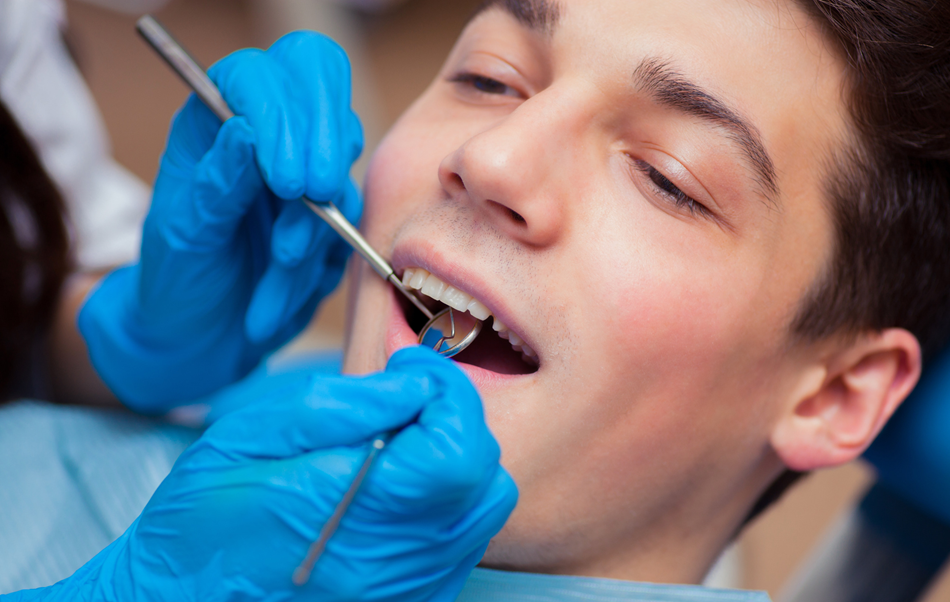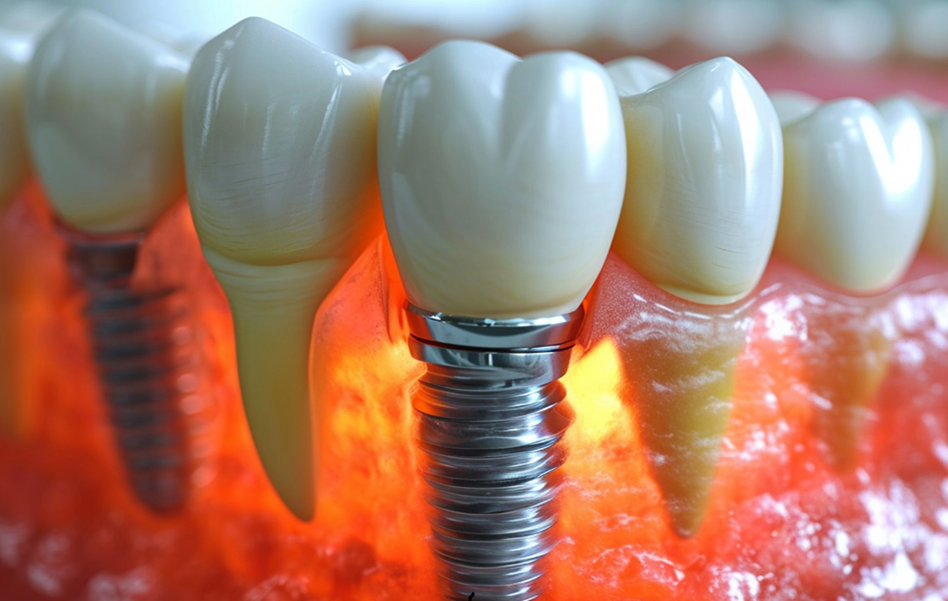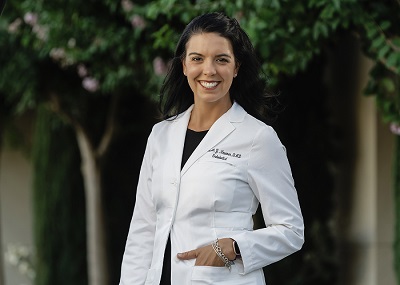Prosthodontist vs. Oral Surgeon: What’s the Difference?
 Admin - Prosthodontics » Oral Surgery
Admin - Prosthodontics » Oral Surgery
 Feb 6, 2024
Feb 6, 2024
Prosthodontist vs. Oral Surgeon
Certainly, understanding the differences between a prosthodontist and an oral surgeon can help individuals make informed decisions about their dental care. Here’s a concise summary of the key distinctions:
What is a Prosthodontist?
A prosthodontist is a dental specialist who focuses on the restoration and replacement of damaged or missing teeth. They play a crucial role in improving the overall function and appearance of the mouth, including aspects related to oral health and aesthetics. Prosthodontists are highly trained and skilled professionals who have completed dental school (earning a DDS or DMD) and then pursued at least three additional years of specialized education, residency, and training in prosthodontics through an ADA-accredited graduate program.
Oral Health Concerns Addressed by a Prosthodontist
Prosthodontists are equipped to address a wide range of oral health concerns. Some of the conditions commonly addressed by prosthodontists include:
- Tooth Decay and Dental Cavities: Prosthodontists can provide restorative treatments such as dental fillings or crowns to address tooth decay.
- Tooth Sensitivity: They can recommend and provide solutions for managing tooth sensitivity issues.
- Dental Stains or Discoloration: Prosthodontists may offer cosmetic treatments such as veneers or teeth whitening to improve the appearance of stained or discolored teeth.
- Oral Infection: Treatment of oral infections, including those affecting the gums and other soft tissues, may be within the purview of a prosthodontist.
- Chipped or Fractured Teeth: Prosthodontists can repair chipped or fractured teeth using various restorative techniques.
- Tooth Loss: Replacement of missing teeth is a significant focus for prosthodontists, and they may use methods like dental implants, bridges, or dentures.
- Jaw Pain: In some cases, prosthodontists may address issues related to jaw pain, especially if it is associated with problems in the alignment of the teeth or the temporomandibular joint (TMJ).
Overall, prosthodontists contribute to comprehensive oral care by providing solutions that not only address functional issues but also enhance the aesthetic aspects of a patient’s smile. Their expertise extends to a variety of restorative and reconstructive procedures aimed at improving oral health and quality of life.
What is an Oral Surgeon (Oral and Maxillofacial Surgeon)?
An oral surgeon, also known as an oral and maxillofacial surgeon (OMS), is a dental specialist who focuses on addressing health issues that affect both the soft and hard tissues of the mouth, face, and jaw. After completing dental school, oral surgeons undergo an additional four to six years of residency training, and many also earn a medical degree during this time. The extensive education and training can total 12 to 14 years.
Oral Health Concerns Addressed by an Oral Surgeon
Oral surgeons are equipped to handle a wide range of oral health concerns that require surgical intervention. Some of the procedures commonly performed by oral surgeons include:
- Surgical Tooth Extractions: Removal of teeth through surgical procedures, often necessary for impacted or complex cases.
- Cleft Palate Surgery: Corrective surgery for congenital conditions affecting the palate.
- Wisdom Tooth Extraction: Extraction of wisdom teeth, particularly when they are impacted or causing issues.
- Corrective Jaw Surgery: Treatment of a broken or fractured jaw through surgical procedures.
- Reconstructive Surgery: Repairing facial trauma through reconstructive surgical techniques.
- Temporomandibular Joint (TMJ) Surgery: Addressing issues related to the temporomandibular joint, which can involve surgical intervention.
- Oral Cancer Surgery: Diagnosis and treatment of oral cancers, often involving surgical procedures.
- Dental Implant Placement: Surgical placement of dental implants for the replacement of missing teeth.
Choosing Between a Prosthodontist and an Oral Surgeon
The choice between a prosthodontist and an oral surgeon depends on the nature of the oral health concern. Prosthodontists are more focused on restoring and replacing teeth, while oral surgeons specialize in surgical procedures. In some cases, the severity of the condition may guide the choice between the two specialists, and collaboration between them may be necessary for comprehensive care. Referral to an oral surgeon may be appropriate for cases that require surgical correction beyond the scope of prosthodontic treatment.
Trending News
-

Non Toxic Dental Fillings : BPA, BHT, HMBP, DPCL, TPSb, HEMA, TEGDMA Free Admin
-

Essential Questions for Your Oral and Maxillofacial Surgeon Admin
-

Understanding the Risks and Causes of Dental Implant Failures Admin
-

Why Root Canals Fail? | The Usual Suspects Meredith Y. Newman Endodontist Fresno
-

Regenerative Endodontics Admin
